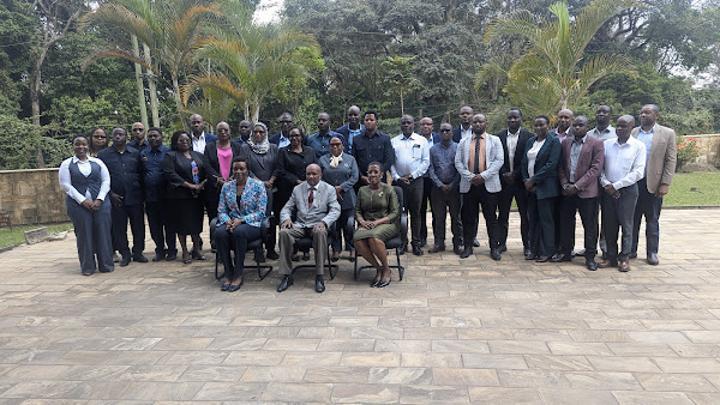Africa-Press – Tanzania. The National Planning Commission (NPC) has begun preparations for the implementation of the Fourth Five-Year Development Plan (FYDP IV) by convening research, innovation and evaluation experts from more than 100 strategic public institutions, local universities and international organisations to deliberate on the initiative.
The thinktanks are meeting in Arusha, approximately a month after the commission launched preparations of Tanzania’s FYDP IV, which will serve as a key instrument to guide the country toward its goal of becoming a one trillion-dollar economy by 2050.
Officiating the working session in Arusha on 18 September 2025, the Commission’s Deputy Executive Secretary for Business and Innovation, Dr Blandina Kilama, said that following the launch of the National Vision 2050, the Commission must now set out strategies for carrying out various studies to identify national priorities to be pursued over the next five years.
According to Dr Kilama, during the 36-hour session, the experts would draw up a research agenda based on society’s priorities, which will guide the first five years of implementing the national vision.
They will also use the meeting to devise strategies for securing the funds needed to carry out research during the plan’s five-year implementation. ALSO READ: Planning commission kicks-off FYDP IV preparations
After these experts help define the five-year research priorities, she explained, they will also break them down into annual priorities.
“This is the core task of the National Planning Commission, and all of it is derived from the National Vision 2050,” she reiterated.
Dr Kilama said that once the agenda has been completed and handed over to the government for implementation.
The execution of the agenda is expected to begin formally in July 2026, with the Commission continuing to monitor its progress.
For her part, NPC’s Deputy Executive Secretary – Performance Management and Evaluation, Dr Linda Ezekiel noted that alongside the Arusha meeting, more than 30 experts in Dar es Salaam were reviewing Vision 2050 to distil society’s priorities for the next five-year period, broken down into five-year phases.
Dr Linda added that, in addition to Vision 2050, the Commission formulates its plans while taking into account global changes, including technological advances and the impacts of climate change.
“During this 36-hour session these experts must also come up with solutions on how to fund the research needed to implement Vision 2050. You cannot conduct research without resources, but they are experts, they will find a way. That is why we have brought together people from different strategic sectors,” she said.
On his part, Director of Research and Training at the Research on Poverty Alleviation (REPOA), Lucas Katera said his organisation has long been carrying out studies to support the government in implementing development agendas.
He said they had been invited to the meeting to explore how to implement Vision 2050 in the areas of research and innovation and how to raise funds for such research.
Meanwhile, Head of Programmes at the UNDP, Mr Emmanuel Nnko, said it was crucial for the National Planning Commission to develop research agendas and determine how the funding for those studies will be secured to enable the implementation of Vision 2050.
For More News And Analysis About Tanzania Follow Africa-Press







